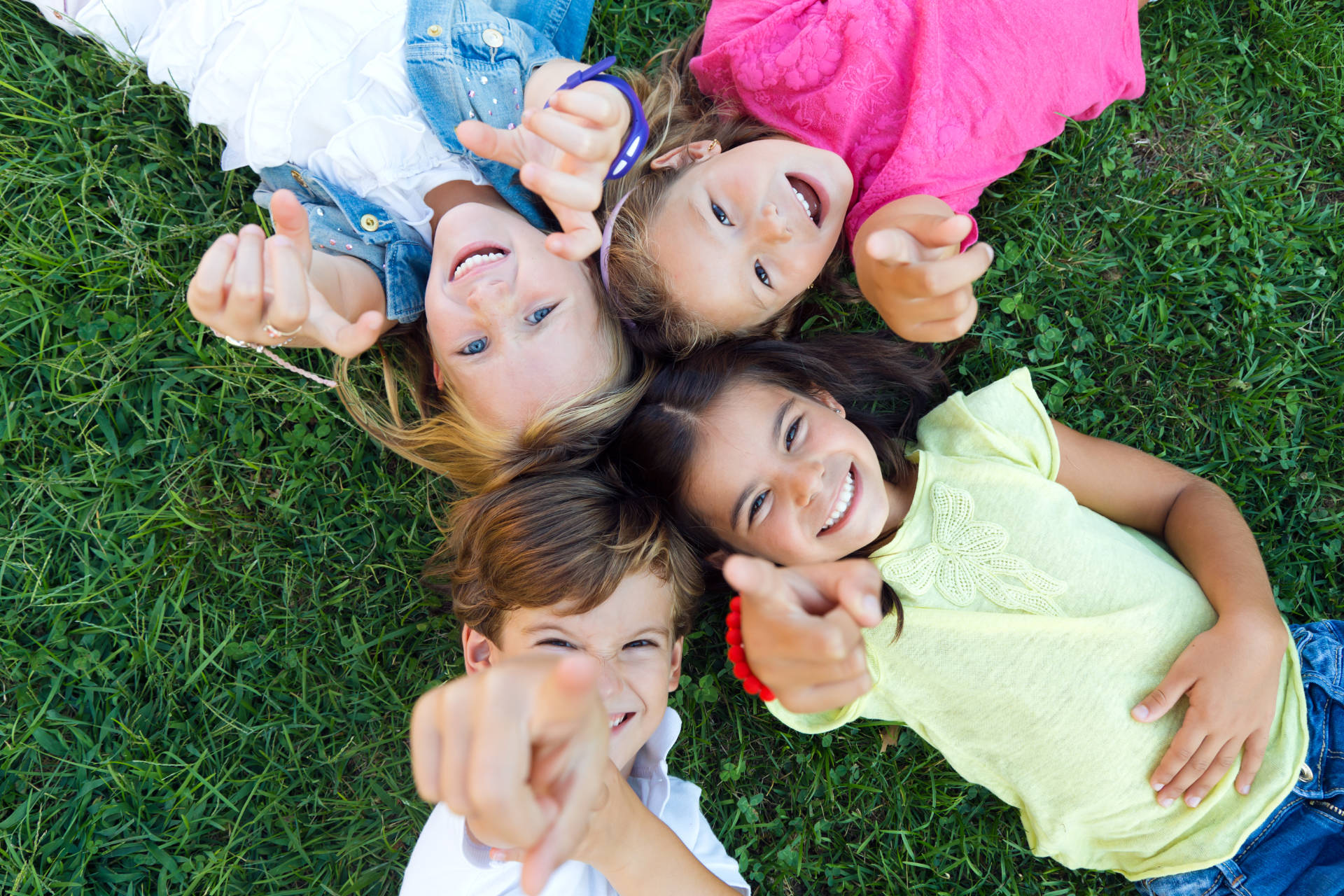Fun Friends
(Young Children)
The Fun FRIENDS curriculum helps build the social and emotional skills of young children by using fun, play-based group activities. By learning resilience skills early in their development, children build confidence to facilitate a smooth transition into school life. Fun FRIENDS nurtures positive relationships with family and peers, encouraging children to thrive.
Activities

The group activities where children learn new skills are crucial to the success of the Fun FRIENDS program. These evidence-based, play-focused activities allow children to build foundational resilience skills in a way that can be easily grasped, understood and used in everyday life:
- Helping other people including family, peers, and teachers
- Self-awareness of body clues (e.g. tense means stressed, butterflies means nervous)
- Relaxation techniques for the body and mind during stressful situations
- Engaging and relating to peers, as well as making friends
The Fun FRIENDS Program is a multi-session course. Each session takes between 2 – 2.5 hours, depending on the activities chosen by the facilitator:
- Hip Hip Hooray! It’s FUN FRIENDS today!
- Feelings: Understanding feelings in ourselves
- Understanding feelings in other people
- Understanding body clues and five senses
- Talking about ‘Red’ (unhelpful) and ‘Green’ (helpful) thoughts
- Talking more about ‘Red’ (unhelpful) and ‘Green’ (helpful) thoughts
- Talking about setting goals and trying to do new things
- Talking about how to be a kind friend
- Talking about rewarding ourselves
- Talking about someone to look up to in our lives
- Talking about support teams
- Talking about being happy with our efforts!
Sessions

Skills

The secret to the Fun FRIENDS Program is the group activities that help children to learn new skills. There are a number of different evidence-based play-focused activities, which help teach the following skills to participants in a way that can be easily grasped, understood and used in everyday life:
- Smiling and making eye contact when communicating
- Speaking with a brave and confident voice
- Talking about and understanding feelings in one's self and others (empathy development)
- Helping other people including family, peers and teachers
- Self-awareness of body clues, e.g. tense means stressed, butterflies means nervous
- Relaxation techniques to relax the body and mind during stressful situations
- Relaxation techniques to relax the body and mind during stressful situations
- Approaching groups of peers and making friends
- Trying new things, and different approaches to problem solving
- Identifying negative thoughts and turning them into positive thoughts
After undertaking Fun FRIENDS, parents and teachers may notice the following changes in a child:
- Improved confidence
- Increased ability to cope with stress
- Increased ability to cope with fear
- Enhanced social skills
- Improved ability to communicate better with adults
- Boosted self esteem
- Increased happiness and enthusiasm
Changes

